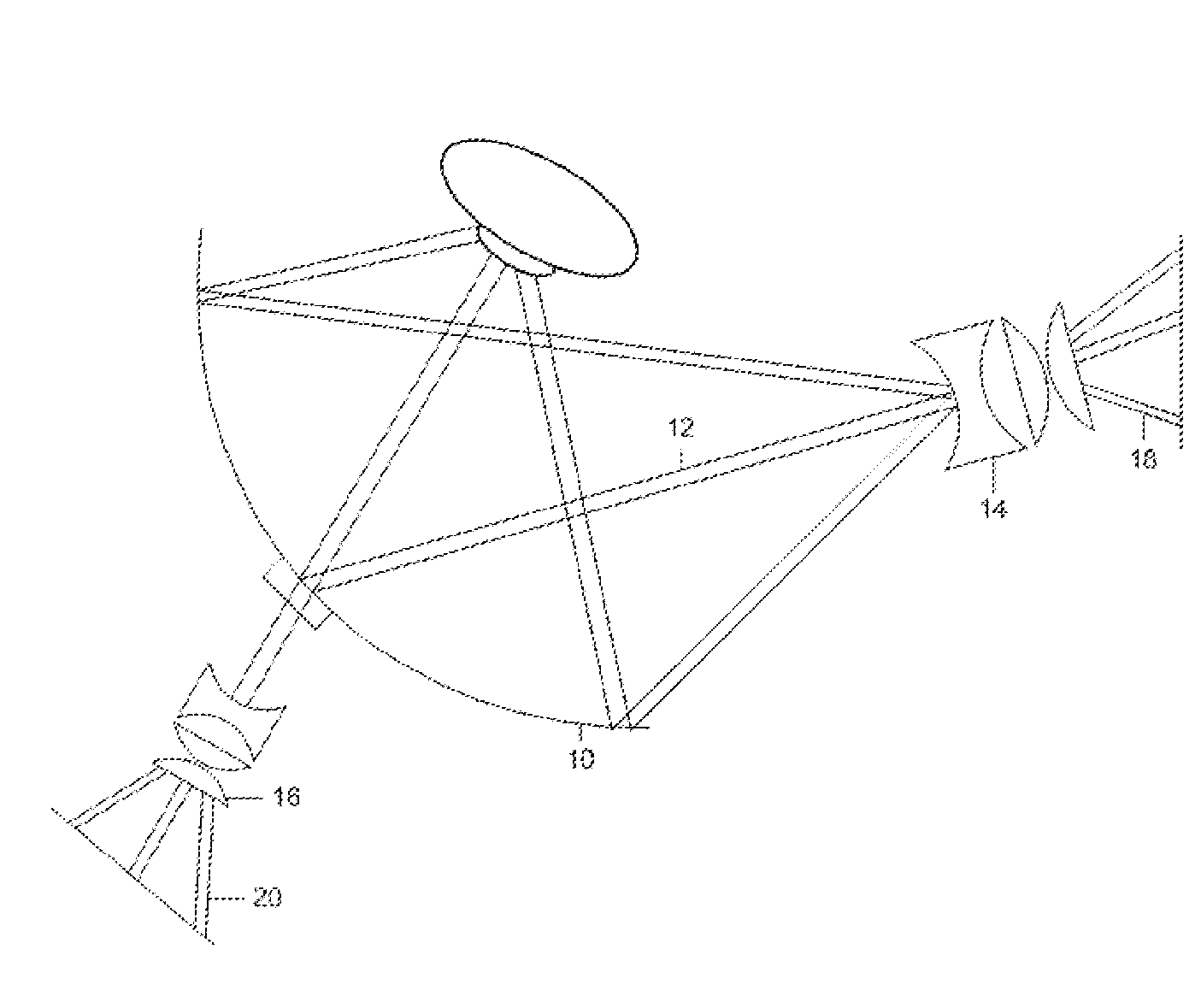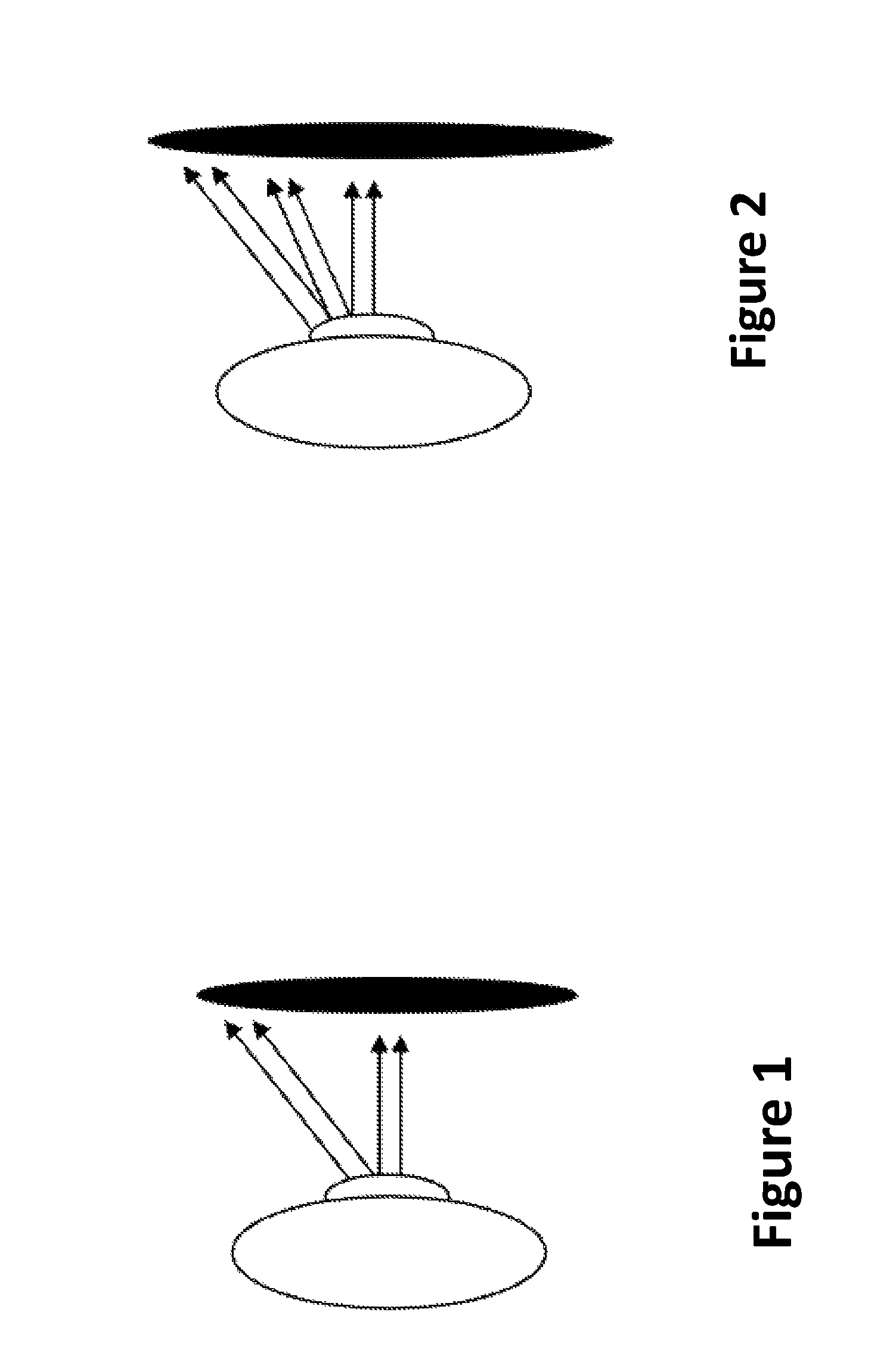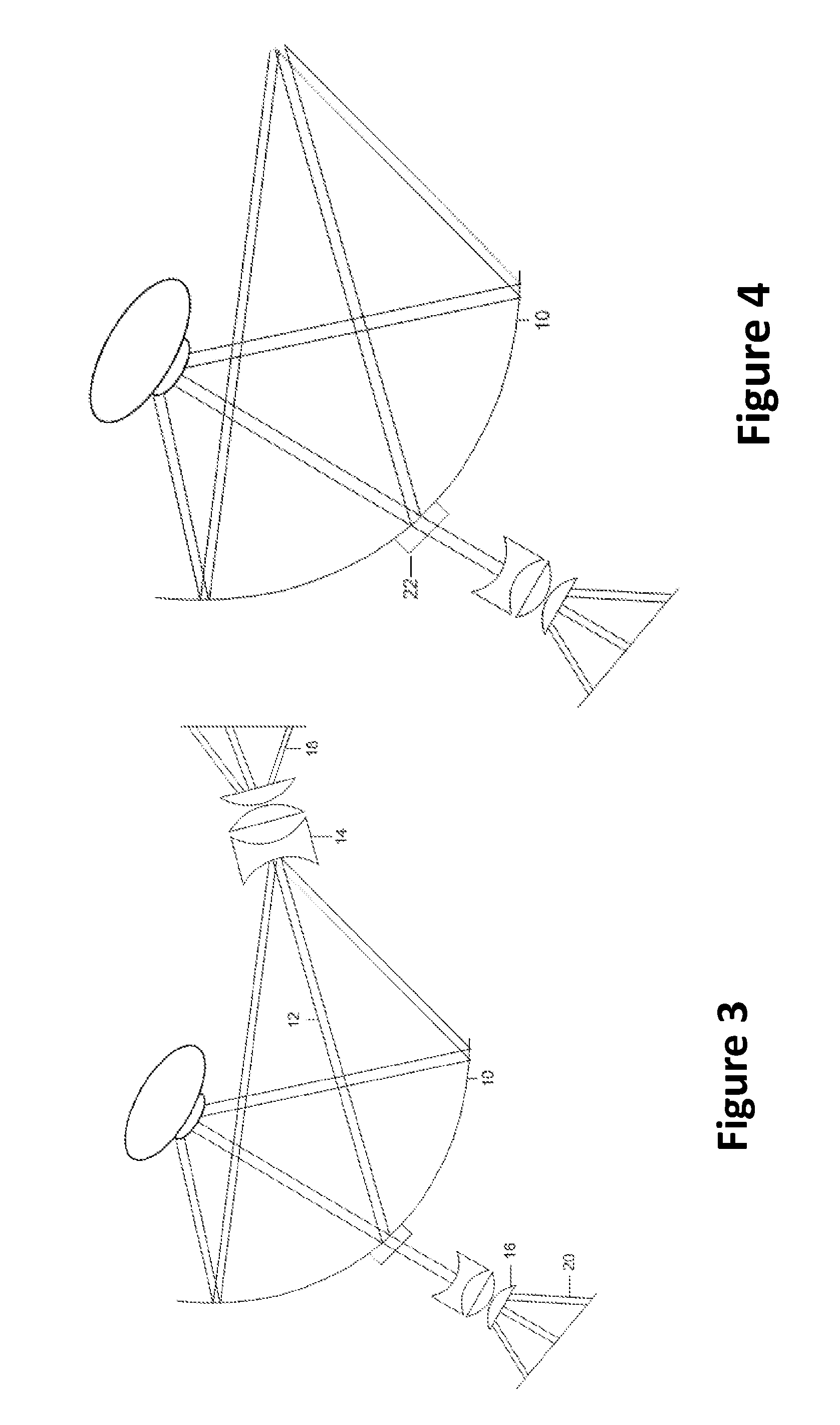Non-contact optical coherence tomography imaging of the central and peripheral retina
a technology of optical coherence tomography and peripheral retina, which is applied in the field of non-contact optical coherence tomography (oct) imaging of the central and peripheral retina, can solve the problem that no information can be obtained from the vitreoretinal interface, and achieve the effect of eliminating facilitating the examination of patients, and reducing the time spent on dilation
- Summary
- Abstract
- Description
- Claims
- Application Information
AI Technical Summary
Benefits of technology
Problems solved by technology
Method used
Image
Examples
Embodiment Construction
[0022]Embodiments of the present invention may include imaging modalities, such as optical coherence tomography, snapshot imaging Polarimetry and computed tomography imaging spectrometer. Additionally, White Light LED, infra red diodes, Nd—YAG as an illumination source, can each maintain excellent image quality across the field of view.
[0023]Spectral Domain Optical Coherence Tomography, OCT, operates in substantially the same manner as a low coherence Michelson interferometer. That is, light from a broadband source is separated into a reference and sample arm. Reflected light from both arms is recombined in the detection arm to form interference fringes when the optical path difference between sample and reference arms is within the coherence length of the source. The signal produced by the detection of interference fringes is proportional to the backscatter from the depth structure of the sample. Spectral components of the light in the detector arm are separated by a spectrometer a...
PUM
 Login to View More
Login to View More Abstract
Description
Claims
Application Information
 Login to View More
Login to View More - R&D
- Intellectual Property
- Life Sciences
- Materials
- Tech Scout
- Unparalleled Data Quality
- Higher Quality Content
- 60% Fewer Hallucinations
Browse by: Latest US Patents, China's latest patents, Technical Efficacy Thesaurus, Application Domain, Technology Topic, Popular Technical Reports.
© 2025 PatSnap. All rights reserved.Legal|Privacy policy|Modern Slavery Act Transparency Statement|Sitemap|About US| Contact US: help@patsnap.com



